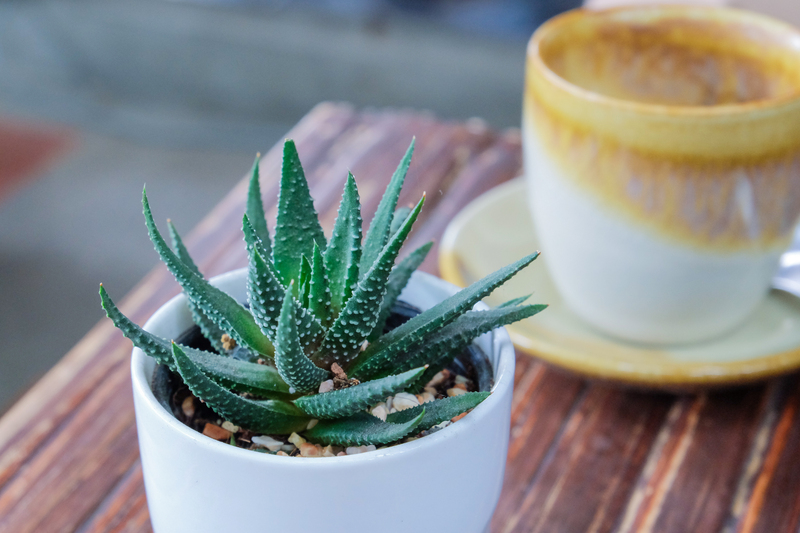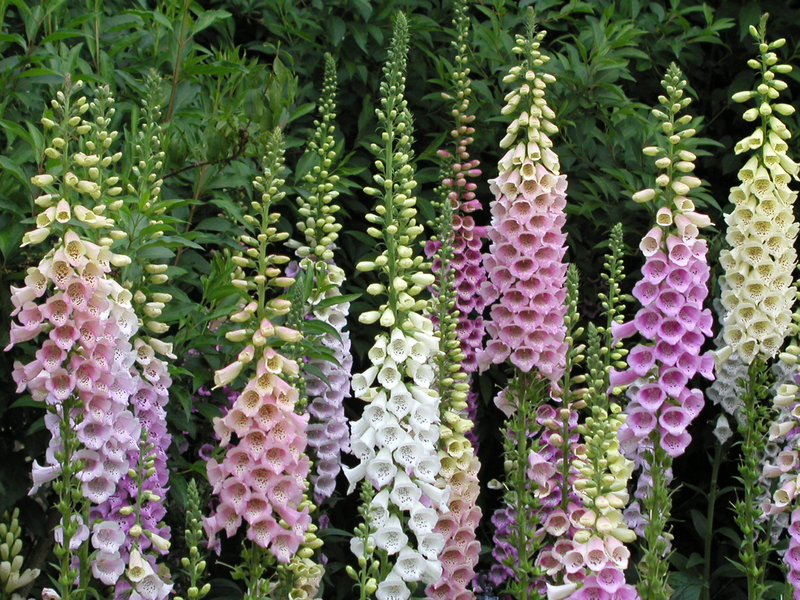Adapting to Wetter Winters with Right Plants
Posted on 07/10/2024
As climate change continues to impact weather patterns globally, many regions are experiencing wetter winters. While increased rainfall can be beneficial for water supplies, it also brings challenges for gardeners and landscapers. The heavy and persistent wetness can lead to soil erosion, waterlogging, and the proliferation of plant diseases. However, with a thoughtful selection of plants, you can adapt your garden to thrive under these soggy conditions. This article delves into the best plant choices and strategies for maintaining a vibrant garden during wetter winters.
Understanding the Impact of Wetter Winters
The shift in weather patterns due to climate change results in more intense precipitation during the winter months. This phenomenon can overwhelm traditional drainage systems and create a perpetually waterlogged soil environment. Plants that are not equipped to handle excess water may suffer from root rot, fungal diseases, and nutrient leaching. Therefore, selecting the right plants is crucial for ensuring that your garden remains healthy and attractive during wetter winters.

Plant Characteristics for Wet Winter Adaptation
When choosing plants for wet winter conditions, look for specific characteristics that enable them to thrive. These plants typically have:
- Water Tolerance: Plants adapted to wet conditions usually have robust root systems that can withstand waterlogging.
- Disease Resistance: Choose plants that are resistant to common fungal and bacterial diseases that proliferate in wet conditions.
- Deep Root Systems: Deep roots can help stabilize soil and reduce erosion, while also accessing deeper nutrient reserves.
- Native Adaptation: Native plants are often well-suited to local climatic conditions, including wetter winters.
Top Plant Choices for Wetter Winters
Here are some excellent plant options that can thrive in wetter winter conditions:
1. Marsh Marigold (Caltha palustris)
Marsh marigold is a bright, cheerful plant that does well in waterlogged conditions. Its yellow flowers are among the first to bloom in spring, adding a splash of color to your garden.
2. Redtwig Dogwood (Cornus sericea)
This shrub is known for its striking red stems, which provide year-round interest. It tolerates wet soil and adds vibrant color to the winter landscape.
3. Bog Rosemary (Andromeda polifolia)
Bog rosemary is a hardy, evergreen shrub that thrives in moist, acidic soils. Its delicate, pink flowers bloom in spring, making it a good choice for adding seasonal interest.
4. Japanese Iris (Iris ensata)
Japanese iris is a beautiful perennial that thrives in wet conditions. Its large, ornate flowers come in a variety of colors and bloom in late spring to early summer.
5. Elephant Ear (Colocasia esculenta)
Elephant ears are known for their large, lush leaves and thrive in moist to wet soils. They are excellent for creating a tropical feel in your garden.
Implementing Effective Water Management Strategies
Even with the right plants, effective water management is critical to prevent waterlogging and soil erosion. Here are some strategies to consider:
1. Improve Soil Drainage
Amending your soil with organic matter, such as compost, can improve its structure and drainage capabilities. Raised beds can also be a good option to elevate plants above waterlogged ground.
2. Create Swales and Rain Gardens
Swales are shallow channels designed to capture and direct runoff water. Rain gardens, filled with water-loving plants, can absorb excess water, reduce erosion, and add beauty to your landscape.
3. Use Mulch
Mulch can help retain soil moisture, reduce erosion, and suppress weeds. Organic mulches, like straw or wood chips, decompose over time and enrich the soil.
4. Install Drainage Systems
In severe cases, it may be necessary to install drainage systems, such as French drains, to divert excess water away from plant roots.

Maintaining Plant Health in Wet Conditions
Maintaining plant health in wetter winters requires extra attention to prevent diseases and ensure robust growth. Consider the following tips:
1. Regular Monitoring
Regularly inspect your plants for signs of stress or disease. Early detection can help manage issues before they become severe.
2. Adequate Spacing
Ensure that plants have adequate spacing to allow for proper air circulation, which helps prevent fungal diseases.
3. Pruning and Maintenance
Prune plants to remove dead or diseased branches and improve air circulation. Clean up fallen leaves and debris, which can harbor pathogens.
4. Fertilization
Wet conditions can leach nutrients from the soil. Use a balanced fertilizer to provide necessary nutrients and support plant health.
Conclusion: Embrace Wet Winters with the Right Plants
Adapting to wetter winters involves more than just choosing water-tolerant plants; it requires a comprehensive approach that includes soil management, proper planting techniques, and ongoing maintenance. By selecting plants suited to wet conditions and implementing effective water management strategies, you can create a garden that not only survives but thrives during wetter winters. Embrace the changes in climate by making your garden a resilient and beautiful space, no matter the weather conditions.






